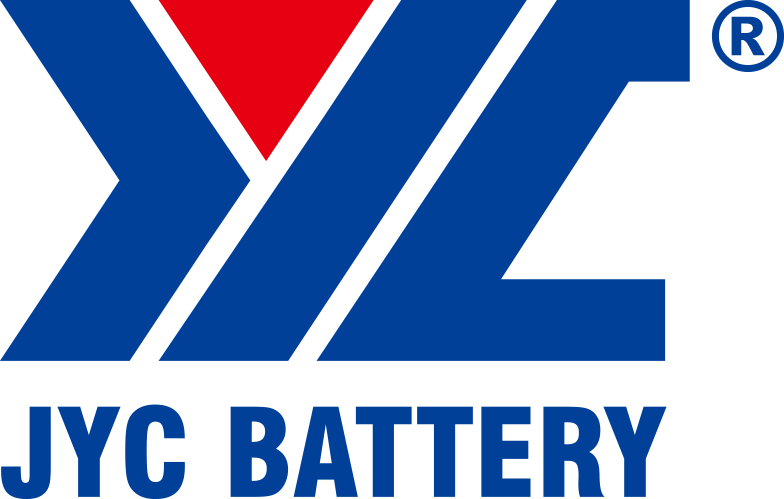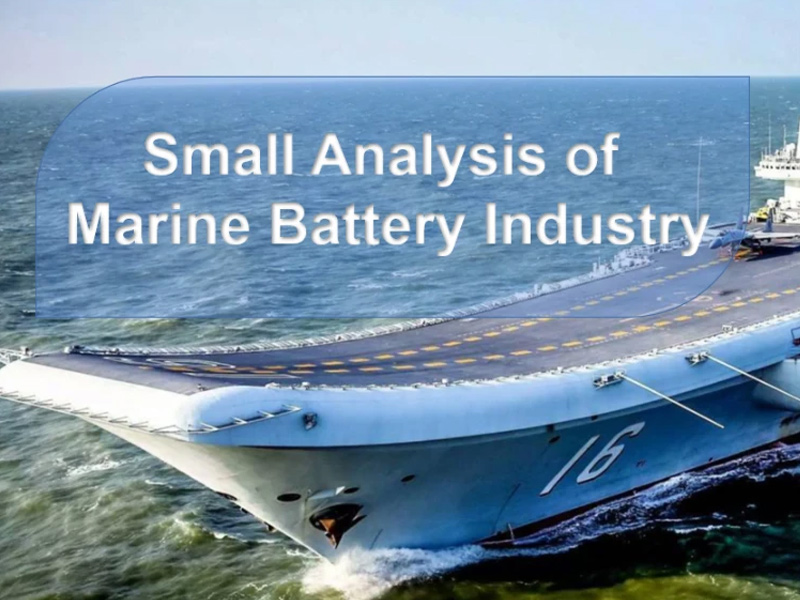As the global economy grows and the shipping industry continues to grow, the marine battery market is also developing rapidly. Over the past few years, a series of technological and market changes have taken place in the industry, the most notable of which is the application of new energy battery technology and the rise in market demand.
In terms of technology, the marine battery market is moving in the direction of more efficient, reliable and environmentally friendly. New energy battery technology is gradually becoming the mainstream choice for marine batteries.
Marine battery products are usually divided into lead-acid batteries, nickel-hydrogen batteries and lithium-ion batteries. Lead-acid batteries are one of the most commonly used marine batteries because they are inexpensive, easy to maintain and highly reliable.
Nickel-metal hydride batteries are a relatively new technology with high energy density, long life and low self-discharge rate.
Lithium-ion batteries are one of the most advanced marine battery technologies, with the advantages of high energy density, light weight and fast charging.
On the market side, with the increasing awareness of environmental protection, more and more shipping companies are using new marine batteries to replace traditional generator sets and fuel generators. At the same time, the rapid development of the shipping industry has also brought huge market opportunities for the marine battery industry. Data show that the global shipping industry is expanding year by year and is expected to reach $20 trillion by 2030.


